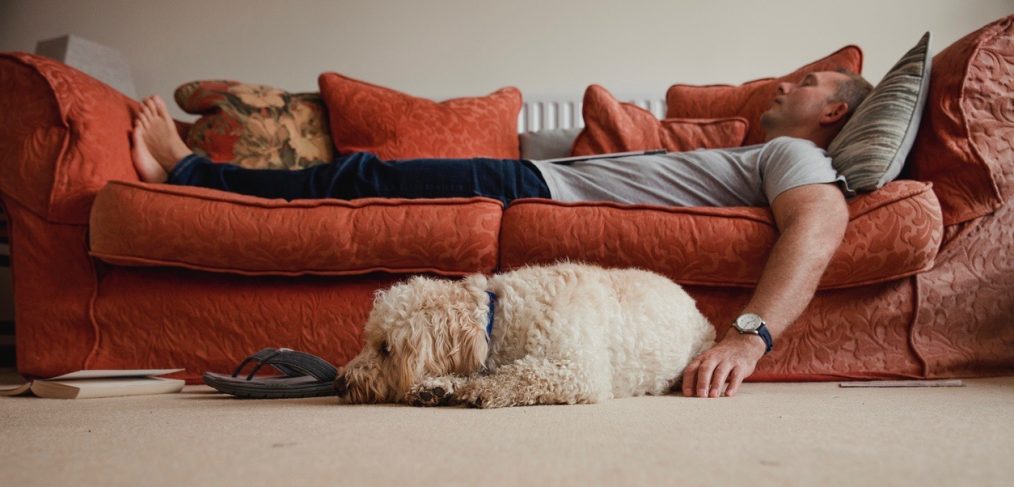Each of us has elements in our lives that are so precious to us that it’s hard to come to terms with their loss. You might not want to envision life without them—it’s unthinkable. But at the same time, nothing in our lives is permanent. These two competing ideas can be hard to reconcile. What is important to you may be a child, a relationship, or security as a family. There are some things that you don’t want to ever see threatened or come to an end. But as we each have to face death, we also have to face the fact that nothing at all is going to last forever.
People have different perceptions about taking time off. But ultimately, time off is just “time on” something else. There’s no such thing as doing nothing. Every moment of your existence, you are pumping blood, breathing, blinking, producing cells, repairing bone, and burning calories. It’s exhausting. But it’s what your brain does that you really notice. Whether your time off is rejuvenating depends on your mental state. Your mental state depends on what you’re doing, how much sleep you’ve had, how much energy you’ve been using, how much time you’ve spent with people, and what you’ve been eating and drinking (among many other factors). When you’re busy, some time off is just what you need. But how you spend your downtime matters.
How do you fill your hours and days? For many, it just happens; they don’t need to really think about what they’re going to do because they have so much to do. People who have had jobs and other pursuits for many years often look forward to times when they can pull back on the throttle a little, when the demands on their time recede and they have some breathing space. However, time off is really “time on” something else. As the hours go by, you have to fill them with something—because there’s no such thing as doing nothing. You continue to exist. You think, you breathe, and time goes by. You can make your time “mindless” and force feed inane TV (of which I’m a fan on occasion), but ultimately your mind will rebel and desire something more substantial.
We all have those days. Days when we wake up, get our coffee, sit down, and don’t feel like doing anything else. We begin to feel guilty, but inertia is fully in control. We may struggle with the battle between our need to do nothing and our responsibilities all day long. Why does this happen? It can happen because we had a terrible night’s sleep or because we drank too much the night before. It can happen because we’re upset about something and our emotions have immobilized us. It can also happen when we’ve been stressed or overwhelmed for an extended period of time and our bodies and psyches are shutting us down to reboot and recover. Whatever the reason, we should give this feeling the space it needs. We should consider why we feel like this and learn from it. On many, if not most, of the days when we feel like this, we should succumb to the feeling and go with it. We should veg out and give ourselves fully to going into standby mode. Our bodies and minds are often wiser than we are. When they speak so forcefully, we should listen.
How comfortable is your relationship with yourself?
People are, for the most part, social beings; we love to interact. If we spend too much time alone, most of us feel a strong need for the company of others. Aside from the most extreme introverts, all of us rely on our relationships to some degree or another.
Most of us work on those relationships. We buy each other presents, we laugh at each other’s jokes, we are polite, and we give compliments. But how many of us put in the same effort for ourselves?





